Commitments to action: Generation Equality Action Coalitions drive change
Find out how you can #ActForEqual and make a commitment.Date:
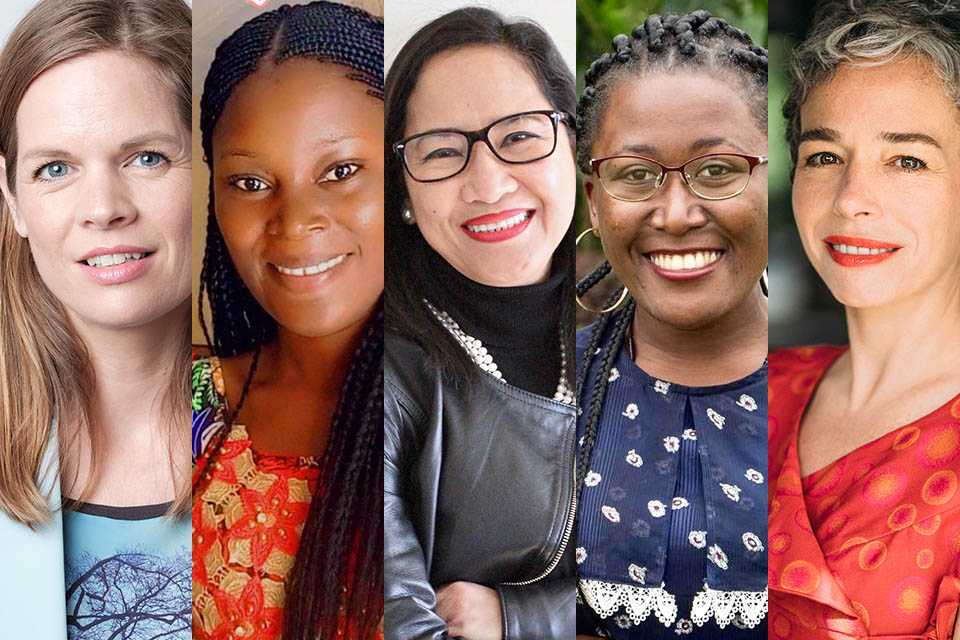
The Generation Equality Forum taking place in Paris from 30 June to 2 July will see world leaders and activists coming together to make game-changing commitments under six Action Coalitions and the Generation Equality Compact on Women, Peace and Security and Humanitarian Action. These global, multi-stakeholder partnerships will create impact for women and girls everywhere through catalytic initiatives and investments to bridge the most critical and persistent gender equality gaps.
Now, more than ever, when the COVID-19 pandemic has exposed the widening gaps in gender equality, the Forum will channel global consensus, investment, and action in critical areas, like: economic justice, feminist climate action, gender-based violence, technology and innovation, feminist leadership, peace and humanitarian action, and sexual and reproductive rights.
UN Women is inviting women’s and feminist organizations, youth-led organizations, governments, philanthropies, international organizations, private sector companies and others to make bold commitments for equality at the Generation Equality Forum.
Commitments come in all shapes and sizes, but they are scalable, measurable, and forged in partnership with others. They can be financial commitments, advocacy to support transformative changes, policy changes and programmes on the ground.
Find out how your organization can make a Commitment.
Hear directly from some of our inspiring Action Coalition leaders why their organizations are making commitments, and what they are looking forward to.
Why commitments matter
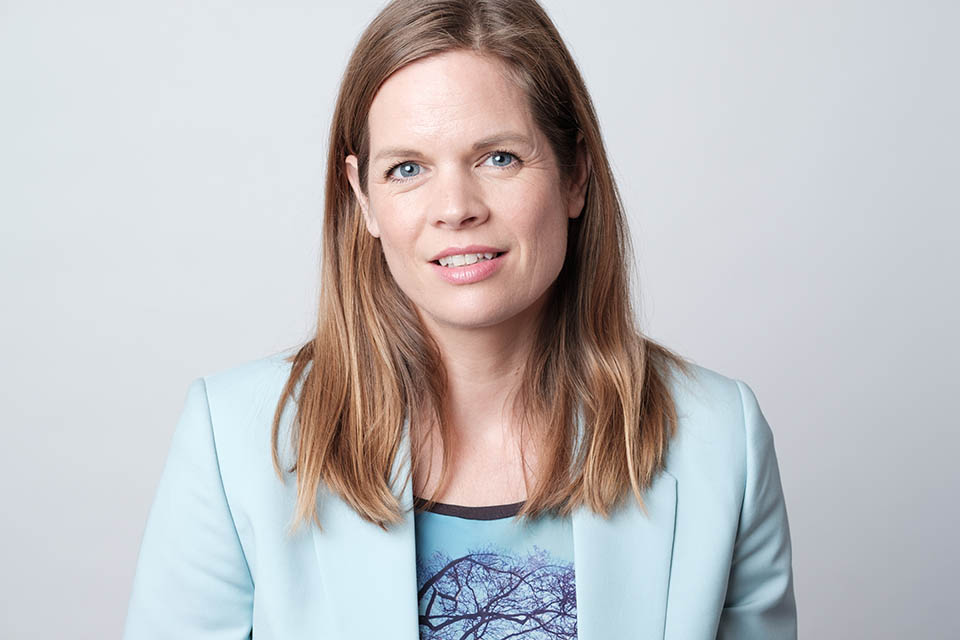
Kate Hampton, CEO of Children’s Investment Fund Foundation, Bodily Autonomy and Sexual and Reproductive Health and Rights Action Coalition
“There's a real opportunity as we build back from COVID-19 to place women and girls at the heart of recovery but achieving this will require the highest level of leadership to put gender equality on the agenda. This makes the timing of the Generation Equality Forum really exciting, as we need to have a global moment around gender equality to drive commitments and tackle the pushback against the rights of women and girls. I also hope that the Forum widens the base of supporters and advocates for gender equality. We need to re-energize global and local feminist movements, as well as broaden allyship across different sectors. Young people have a particularly important role to play in bringing new energy and diversity.”
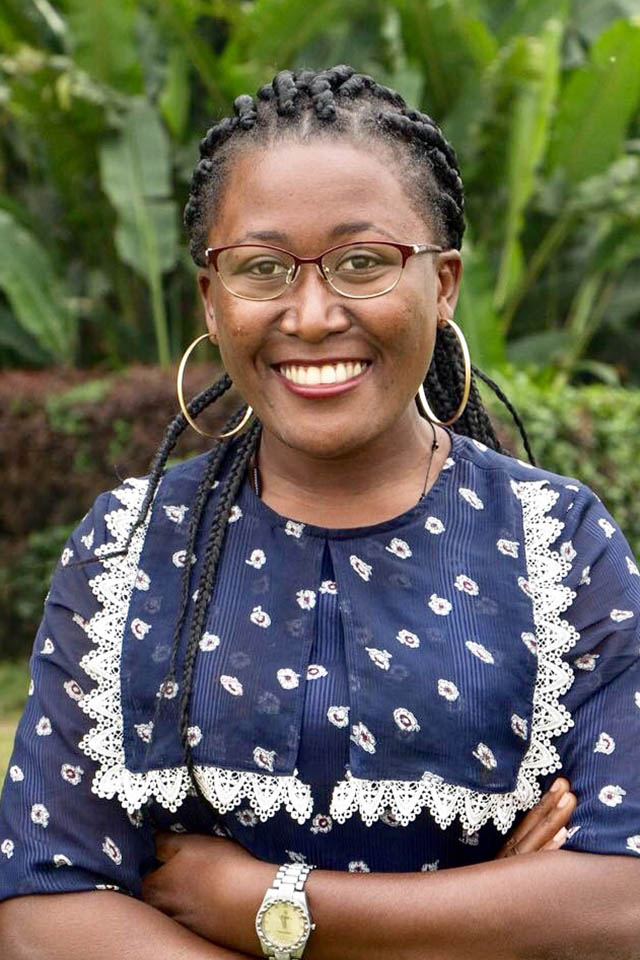
Joanita Babirye, Co-founder of Girls for Climate Justice, Climate Justice Action Coalition
“Empowering young women and girls to become climate leaders is an essential part of provoking action. Women and girls should be able to demand climate justice, but this is only possible when they are equipped with the tools and knowledge to hold everyone accountable and to break the barriers that are hindering their access to resources. For me, the transformation needed is to make women and girls fully aware of the issues and leaders of the solutions.”
Why we #ActforEqual
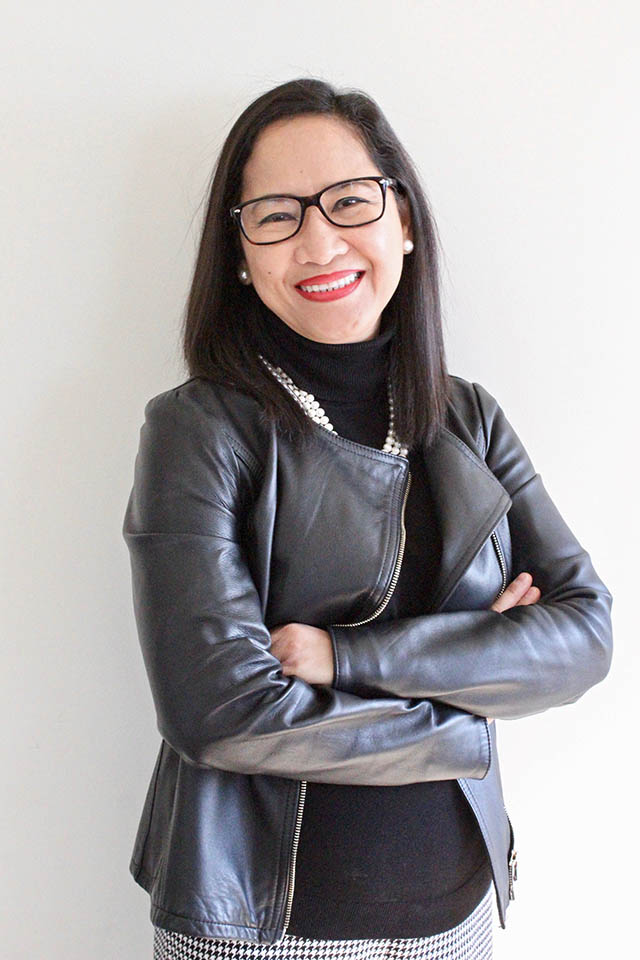
Mavic Cabrera Balleza, Founder and CEO of the Global Network of Women Peacebuilders, the Compact on Women, Peace and Security and Humanitarian Action
“We know that local women and young people have a profound understanding of the peace and security situation in their country, of gender and power relations, and of their humanitarian needs, because they live this reality every single day. However, we also know that they are not recognized as experts or acknowledged for what they can contribute to building solutions. As a result, there is no funding for these local actors to carry out the solutions that they have developed. We need local women and youth to be empowered to design and implement humanitarian responses and the commitments on Women, Peace and Security on their own. To facilitate this, experts need to transfer their skills and knowledge and share their resources so that local populations can lead their own initiatives.”
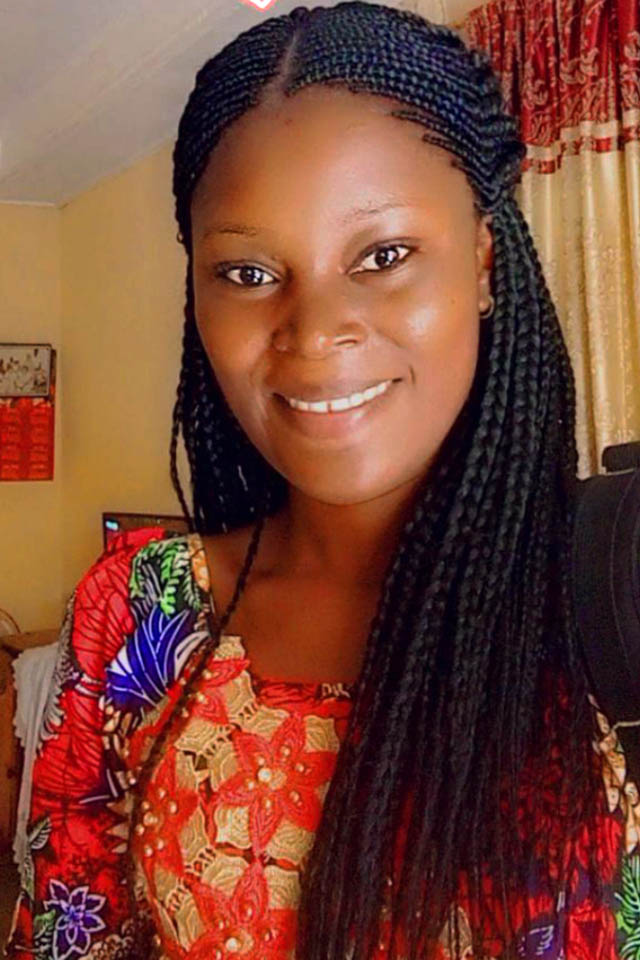
Diane Ndarbawa, President of Manki Maroua, Economic Justice and Rights Action Coalition
“What motivates me is the desire to benefit adolescent girls and women in my community. I want to contribute to financially empowering the women and girls in my area and to support their professional integration. Overall, I am working every day to achieve respect for women’s economic rights, as well as to see the protection of the rights for women involved in economic activities, such as through the improvement of their working conditions. Being an Action Coalition Leader has allowed me to raise the voices of women in my community and to bring our ideas and expectations for action to the international level.”
How the Action Coalitions will drive change:
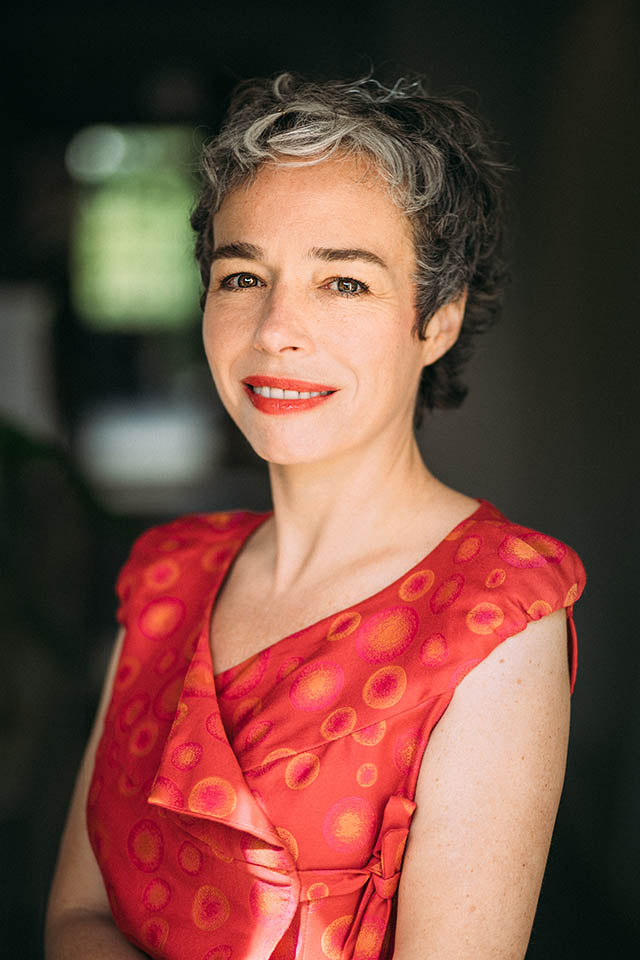
Céline Bonnaire, Executive Director of the Kering Foundation, leader of the Gender-Based Violence Action Coalition
“Our ambition is to share our experience, share our network, scale up our work and mobilize a broader group of companies to join us in combatting gender-based violence. We firmly believe that everyone has a role to play in putting an end to violence against women… After this Forum, everyone should understand how they can become an agent of change and promote gender equality and the elimination of gender-based violence at all levels, from the personal and family level up to the institutional and societal level as well. I hope that each participant will come away from the Forum knowing what change they could implement the next day to help achieve gender equality.”